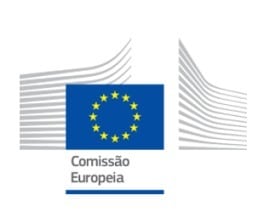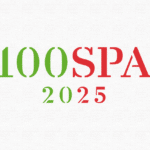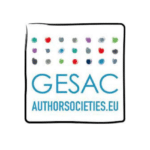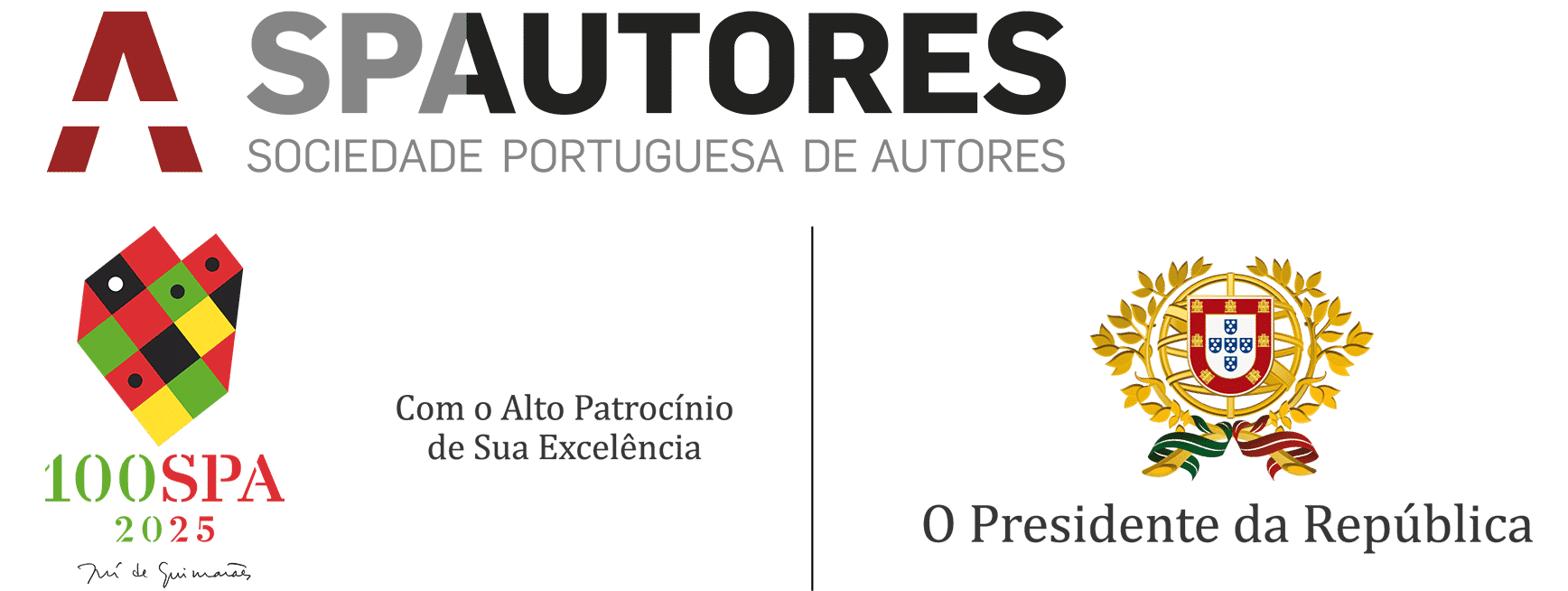Position of SPA on the DRAFT OPINION of the Committee on Industry, Research and Energy for the Committee on Legal Affairs on the proposal for a directive of the European Parliament and of the Council on copyright in the Digital Single Market
On 14 September 2016, the European Commission (EC) adopted the so-called “copyright package”, which includes a proposal for a directive on copyright in the Digital Single Market.
This proposal follows on from the Commission Communication of December 2015 entitled ‘Towards a modern and more European copyright framework’ which defined specific actions to modernize EU copyright rules.
On 7 March, ITRE unveiled its proposal for a modification of the proposal which, it may be said, is very small, but focuses fundamentally on the new exception for “text and datamining” and has its greatest ambition to change the initial proposal on this particular.
It should be borne in mind that most of the exceptions and limitations to copyright are harmonized, there remaining only the attempt to create and harmonize some new exceptions related to new types of uses, and through this proposal, the Commission aims to introduce National legislation.
With regard to the exception in question, Article 3 proposed by the Commission reads as follows:
Article 3
Text and data mining
1.Member States shall provide for an exception to the rights provided for in Article 2 of Directive 2001/29/EC, Articles 5(a) and 7(1) of Directive 96/9/EC and Article 11(1) of this Directive for reproductions and extractions made by research organisations in order to carry out text and data mining of works or other subject-matter to which they have lawful access for the purposes of scientific research.
2.Any contractual provision contrary to the exception provided for in paragraph 1 shall be unenforceable.
3.Rightholders shall be allowed to apply measures to ensure the security and integrity of the networks and databases where the works or other subject-matter are hosted. Such measures shall not go beyond what is necessary to achieve that objective.
4.Member States shall encourage rightholders and research organisations to define commonly-agreed best practices concerning the application of the measures referred to in paragraph 3.
Text and data mining can be defined, as any automatic analysis technique for the analysis of texts and data in digital format, in order to produce information such as patterns, trends and correlations.
The aim of the Commission with this article is to ensure the legality of certain types of uses in these areas by enabling researchers to benefit from a clearer legal environment by using innovative text and data search tools.
In certain cases, the exploration of texts and data may involve acts protected by copyright and / or rights in sui generis databases, in particular the reproduction of works or other protected material and / or the extraction of content from a database. Where there is no applicable exception or limitation, rightholders would be required to authorize such acts.
But did not the legislation already provide for this exception? No, since what existed – as the Commission points out in its proposal – were only exceptions and limitations of use for scientific research purposes, which could be applicable to documents for the purpose of mining for texts and data.
In addition to this
I. Such exceptions and limitations are optional
Ii. They are not fully adapted to the use of technologies in the field of scientific research
Iii. In certain cases where the investigators have legal access to the contents, the conditions of the licenses may exclude the search for texts and data
It is for all these points that the introduction of a mandatory exception to the right of reproduction and the right to prevent extraction from databases is proposed, allowing also that the research organizations can benefit from the exception when participating in public-private partnerships. With regard to this exception ITRE draft extends this exception (by modifying the subjective content of Article 3 of the proposal) to a much wider core of beneficiaries of this restriction imposed exclusively to the exclusive right of the author
While the Commission’s proposal refers to the recipients (or beneficiaries) of the exception, even though the research bodies may still include private public partnerships (Recital 10 in conjunction with and Article 3 (1)) the amendment proposed by ITRE removes any subjective restriction on the proposal, so that this exception applies to any person (legal or natural) who, for the purposes of investigation, uses the technique in question on protected works.
SPA notes that the Draft Copyright Directive introduces certain mandatory exceptions and extends the scope of some of the existing ones, and does not oppose them as long as we stress that this is done in a way that strikes a fair balance between rights and interests of authors and other rightholders, on the one hand, and users, on the other.
It seems that this draft of the ITRE, with regard to the exception in question, would be prejudicial to the authors in so far as it was approved without, first, any subjective limitation (for example, that proposed by the Commission) and , on the other hand, without any compensation from the authors prejudiced by the exception. To create such a broad exception and without a fair compensation mechanism would be to violate the most basic principles of the Berne Convention and other international treaties on copyright.
Thus SPA considers that such an exception, to be approved, should remain within the strict subjective scope defined by the Commission, and authors should be compensated for the use of their works and the restriction of their exclusive rights by introducing a equitable remuneration that can balance the interests of the various players in this exclusive-exception binomial.
Authors’ societies have emerged from the need for authors to unite to control the exploitation of their works and to negotiate fair remuneration conditions with users, which author’s weak negotiating position as individuals would have prevented them from obtaining.
Therefore, authors’ societies play a vital role in ensuring that authors receive their rights, to defend their interests, to negotiate with users, and appropriately collect and distribute rights to their members.
SPA has always argued that collective management is the best solution to ensure the widest access to protected works and an adequate remuneration for creators, and such equitable remuneration must be subject to mandatory collective management in order to safeguard the best interests of the authors
Concerning the amendments proposed by ITRE to Article 14, the importance of introducing transparency in the authors’ contracts (Articles 14 to 16 of the Commission proposal) should be mentioned beforehand, and the concrete amendments which ITRE proposes to Article 14 (1) and (2), deserve the applause of the SPA since, on the one hand, they aim to extend the scope of transparency to more sectors of users, and on the other hand, they also aim at transparency Is enforceable even in cases of greater practical difficulty of application.





